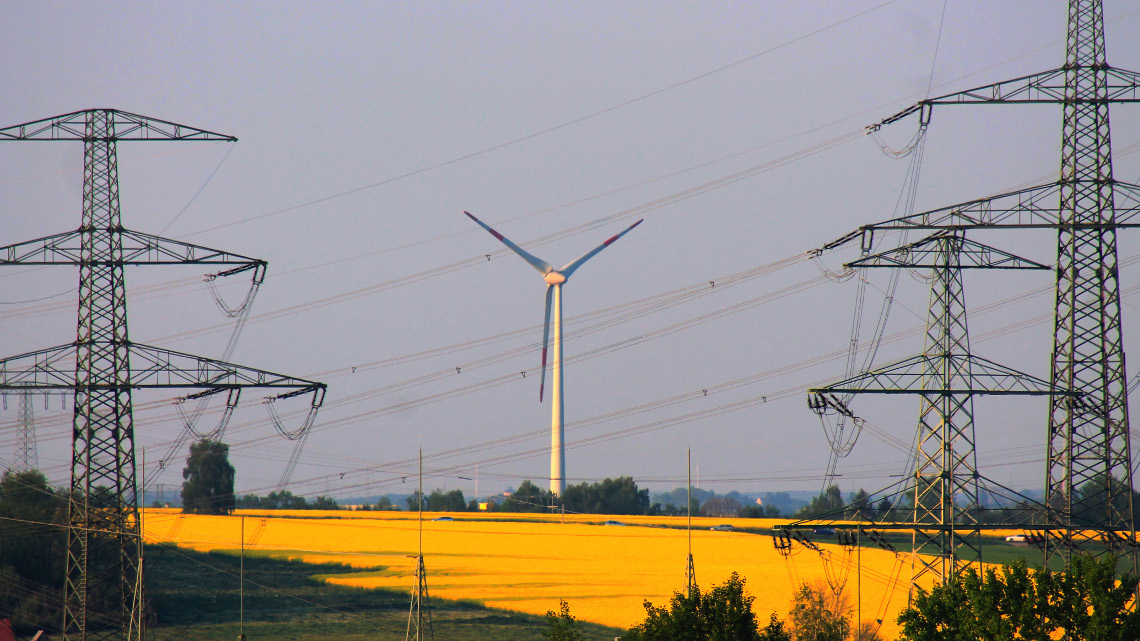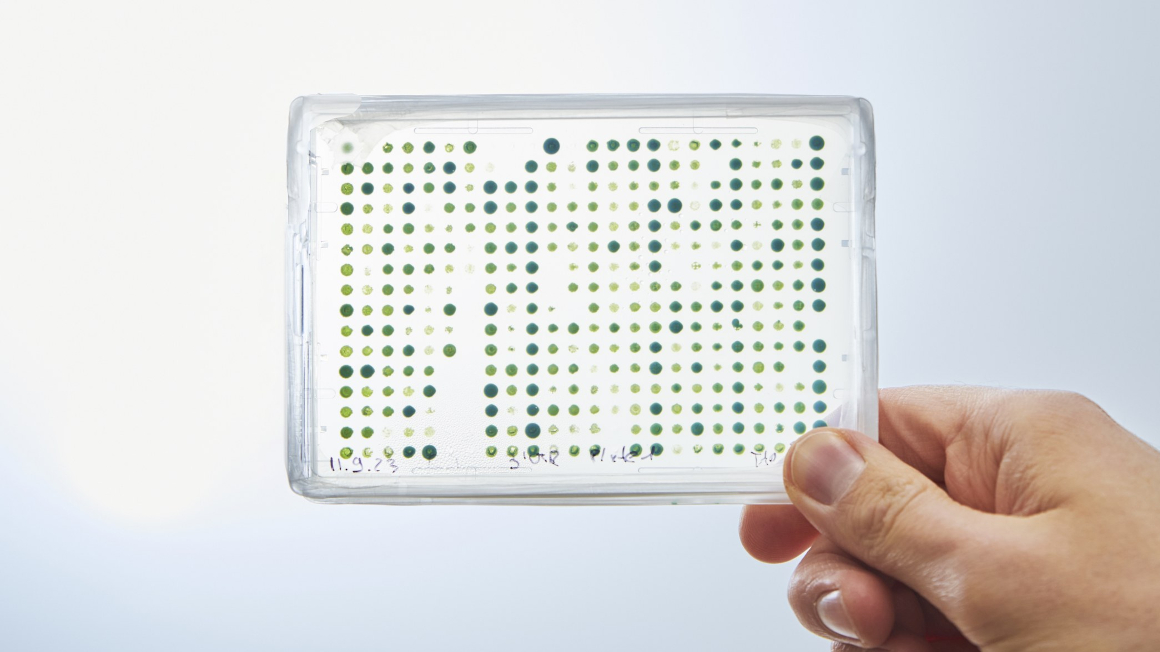Biofuel cell stores energy
Researchers in Bochum have developed a new 'bio-supercapacitor' that, with the aid of enzymes, not only generates energy, but can also store it.

They have created a bio-supercapacitor: in the scientific journal "Angewandte Chemie", scientists from the Ruhr University in Bochum and Sweden's Malmö University have described a biofuel cell that not only generates energy, but can also store it. "That kind of technology may be suitable for miniaturised devices, for example, those meant to supply themselves with energy wirelessly. That is particularly important for miniaturised implantable sensors, says Wolfgang Schumann from the Faculty for Analytical Chemistry in Bochum.
Polymer gel produces energy current
A unique aspect of the bio-supercapacitor is that it uses enzymes for both electrodes. With the aid of an enzyme in each case, one electrode burns glucose as fuel while the other converts oxygen into water. To establish electrical contact between the two electrodes, the enzymes must be embedded in an N-type gel, also known as redox polymer. When this redox polymer is being charged and storing energy, it releases electrons from one electrode, resulting in a positive charge. The gel absorbs the electrons at the other electrode and is thus negatively charged. "The charges balance each other out during the discharge process, thus creating an energy current", explains Schuhmann.
Lightweight with a higher capacity
For the first time, the enzyme process allows for the generation and storage of energy to be brought together in a single system. Tests have demonstrated that the biofuel cell is a stable and long-lasting source of energy. It is lightweight, but has a high capacity, making it suitable for large charges. "We view this project as a starting point for future strategies in the development of new, highly functional yet low-cost electrical energy sources based on biology", summarise the researchers.
bb


